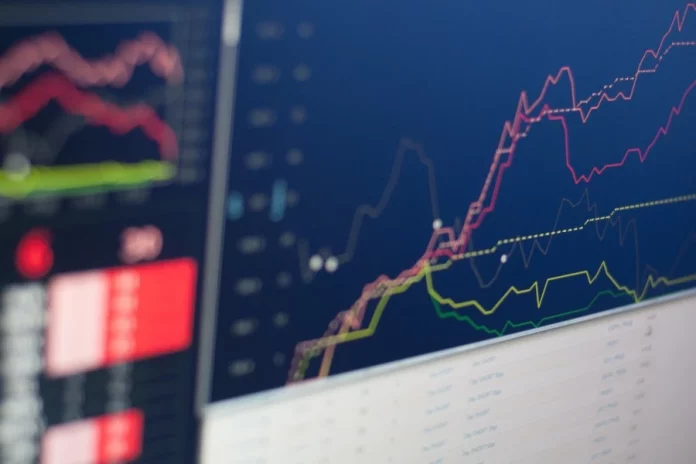Many people want to get involved when it comes to investing, but we have spent so long hearing about ‘Forex this and stocks that that we aren’t sure we know much about either. At OANDA, they want to change that.
While both are great for investing and trading, you need to remember a few key points if you want to get started or if you’re a beginner trader. Here are the differences between stocks and Forex.
What Are Stocks?
In simple terms, a stock is a piece of a company that you can buy and own. Investing on stocks means if you buy a share of Apple stock, you now own a part of Apple, and your stock value will rise or decrease depending on how successful or unsuccessful Apple is.
Stocks usually come in two primary forms, a public share and a private share. A public share is what you can buy and sell on a stock market, while private shares are only made available to select investors.
The biggest draw of stocks is something called Capital Gains, where, as the name suggests, your stocks go up in value, and you make money. Companies often pay out their stockholders every year when they share part of their corporate earnings with investors.
What Is Forex?
Forex is short for Foreign Exchange, which is the buying and selling of currencies. Currencies trade much like stocks, and people can buy and sell a currency against the price of others, therefore making a profit.
Money is made when trading Forex by buying and selling as exchange rates change. The goal of Forex trading is to buy a currency and hold it until it is more valuable than the currency you want.
For example, if $50 gets you £40 at the current exchange rate, but the Pound is set to strengthen, you make the trade. You now hold £40 and wait; once the Pound strengthens over the Dollar, you trade your Pounds in for Dollars and get $60 back, let’s say. While this is a very simplified example, it is the basic gist of Forex trading.
Key Differences
There are a few differences between stocks and Forex; however, they are both great for beginner investors and fairly easy to understand. When it comes to trading, these are the key differences.
Market Hours
Stock markets and traders all have a fairly similar schedule, and while you can trade at most times of the day, Forex markets are still more active than stock markets. They run on different schedules, and considering Forex trading offices can be found across the globe, you can trade almost every currency at any time.
Liquidity
Currencies are far more liquid than stocks, as, at any point, there are millions of a particular currency up for buying or selling. This means that the two markets also have very different price sensitivities.
Depending on the company’s size, a stock trade of a few thousand stocks can drastically affect the stock price. Compared to Forex, a trade of millions of Yen or Dollars, for example, will have little to no impact on the price because of the amount of currency available.
Trade Pairings
When trading currency, you are able to trade almost any currency against another; there are seemingly endless trade pairs. This means you have far more options in a way, although it does require you to do research on the currency you are trading for and the one you have.
Stocks, on the other hand, don’t have the same pairings. Stocks rely on the strength of the company you have invested in and then the strength of the currency you bought the stocks in. Therefore, if your currency is doing poorly, you wouldn’t want to touch your stocks.
Forex Or Stocks?
When it comes to choosing between stocks and Forex, it is vital that you decide how much time you want to put into trading. Stocks can be something you buy and leave; you don’t necessarily have to trade them if you don’t want to.
The same can’t be said about Forex, which does require fairly constant attention. Considering exchange rates and economies fluctuate constantly, this means your Forex investment is constantly changing.
The only question you need to ask is how much time and effort you want to put into your investment daily, weekly, or even yearly.












